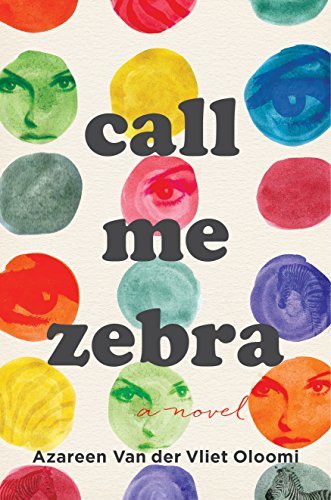What do you think?
Rate this book


307 pages, Kindle Edition
First published February 6, 2018
‘I told him that I speak directly because in order to stay alive I must always work to make up for the time I’ve lost due to the fact that, as an ill-fated citizen of this negligible world, I am subjected to being constantly attacked by history and that I have been trained by my literary-minded ancestors to cobmat the dulling effects of the psychic and emotional wounds caused by these violent attacks with verbal efficiency.’
“I, Zebra, am recrossing borders I have already crossed in order to map the literature of the void and prove once and for all that any thought worth preserving in our pitiable human record was manifested in the mind of an exile, an immigrant, a refugee...persons fleeing from persecution, and/or otherwise homeless beings.’
’I have been pushed by the world into a state of psychic feudalism and you want me to make myself vulnerable to you. How much vulnerability do you think one person can take? Do you want me to rip my skin off and stand in the wind, bleeding and raw?’

“I have no time for small talk! While you two expose yourself to the detrimental effects of a formal education — reduced self-knowledge, submission to authority, covert institutional indoctrination in linear time — I am employing unorthodox methods of learning in order to facilitate grand associative leaps, heightened cognition, and transcendental intellectualism, because with my father’s death fast approaching, it is my duty, as the last remaining member of the Autodidacts, Anarchists, and Atheists, to make a major philosophical intervention aimed at correcting the skewed and pitifully narrow perception of the world’s pseudo intellectuals and heretics, your erroneous brethren!”